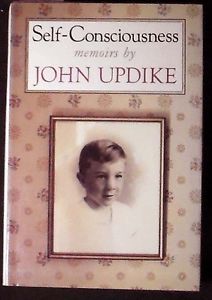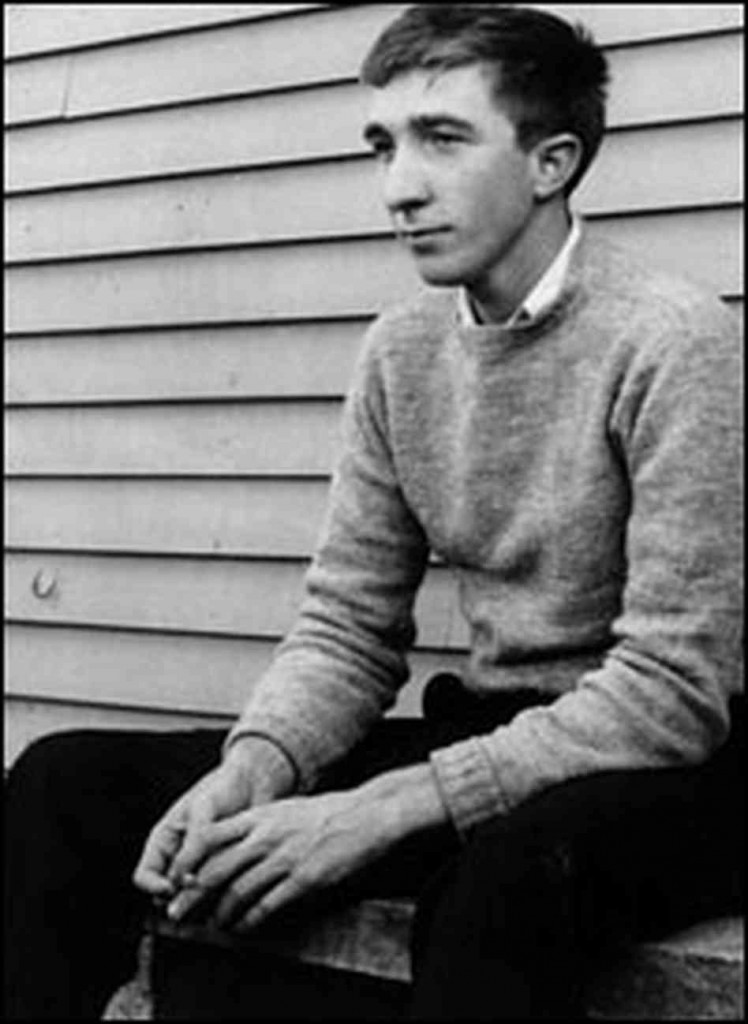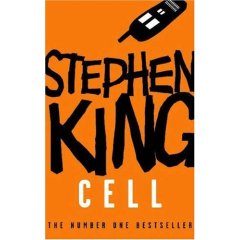(10-minute read)
(If 10 minutes is disheartening, I just took a shorter look at a particular section of Self-Consciousness, the one addressed to his biracial grandchildren, in my He Said/She Said compendium of pithy quotations. It’s about growing up Black in America, by a loving White granddaddy.)
I haven’t been a huge John Updike fan, but he’s growing on me. Naturally, I read Rabbit Run,

My local library’s edition.
the first of what became the “Rabbit” tetralogy following the life course of Harry “Rabbit” Angstrom. For me, it was pretty much required reading, since the protagonist had been a high school hoops star and basketball profoundly colours his youthful experience. I liked it, though I wasn’t crazy about Harry. Despite periodic and ephemeral resolutions, I never did get to the subsequent novels. I will. The closer in age that I get to Rabbit at Rest, the final chapter, the more Mr. Angstrom seems like a character I should know better.
The second Updike novel I read, The Centaur, really was required reading: to keep my brain alive during a period of professional drudgery, I took some Lit courses at the University of Ottawa. Unsurprisingly, Updike appeared on the American Novel course, though the choice of The Centaur was less obvious. Perhaps because I read and re-read and wrote about it¹, I love and know that novel better than the one about the basketball hero-turned-typically-jaded-American. My affection and enduring memory of the thing might have had to do, too, with the father-son tension and the high school cum mythological dream-park setting; sonsRUs, certainly, and I still haven’t finally left the halls of eternal adolescence. I coach high school hoops still, after all.
¹ It’s academic stuff, but not terribly unreadable. However, I have placed electronic drones around the text in case some undergraduate thinks to plagiarize. You will be shocked, assimilated, and outed to the Weenyverse, if you do. Reading the essay won’t hurt, though. Reading the NOVEL would be downright healthy.
But recently, not long after seeing the great and gracious radio voice of the superb literary interviewer, Eleanor Wachtel, embodied on an Ottawa stage, I heard her 1996 interview with the famously media-shy Updike. (He died in 2009, at 76.) Wachtel interviews are always extended, thoughtful, generous expositions of the minds and hearts of many of the greatest writers we’ve had. John Updike was no exception, though I was mildly surprised to find what a humble, gracious and thoroughly engaging voice his was.

Young, and with yellowed fingers.
Perhaps I’d been swayed by some of the backlash against the privilege of the white male Authorial Voice of the mid-20th century. One of the nastiest was the dismissal of Updike as merely “a penis with a thesaurus”, but a pervasive view is that, though a big-seller among literary fiction-writers, he was over-rated simply because the voices of women – especially women of colour – had been suppressed. Time will tell, I suppose, but this cuts two ways. As unpopular as it may be to say it, there must be certain much-praised contemporary writers who benefit from the opposite current: the explosion of interest in and production by the previously under-published and under-privileged, those other voices from other cultural rooms that we now (wonderfully) get to hear more from. Some of these, I suspect, will have their ecstatic reviews and audience responses tempered by the sifting hands of critical hindsight. There’s nothing wrong with that.
To return to Updike, his was a voice that I was moved and inspired to hear, and hear more. He didn’t do many interviews, certainly not such revealing, appealing and lengthy ones as he had with Ms. Wachtel. I was moved particularly by a thread of their conversation in which he shyly but eloquently offered that he had always been interested in unnoticed little corners of life: odd bits of geography, obscure perspectives, his childhood view from under the kitchen table. (The ego-mad writer in me, inevitably I suppose, thought Hey, I got me some corners. But then, who doesn’t?) It was a gentle, humble, profound, a personally revelatory reverie, and I also felt that it was part of Wachtel’s genius that got him to speaking about it. I thought I heard a little wonder in his voice, that he’d been nudged to notice a slightly new perception of his own work.
That could’ve been sheer imagination, but it was one of several minor heart-quakes that urged me to read more Updike, especially his 1989 Self-Consciousness: Memoirs. It goes to odd corners. It is no standard autobiography,
Continue Reading >>
 Some people don’t follow directions very well. He wanted to do it right, he really did, he always wanted to do the right thing but he had gotten a little confused that day.
Some people don’t follow directions very well. He wanted to do it right, he really did, he always wanted to do the right thing but he had gotten a little confused that day.




